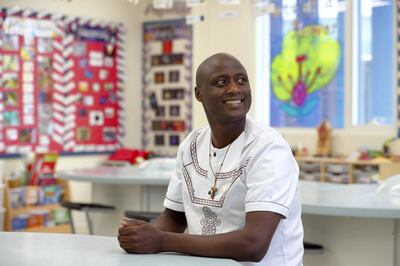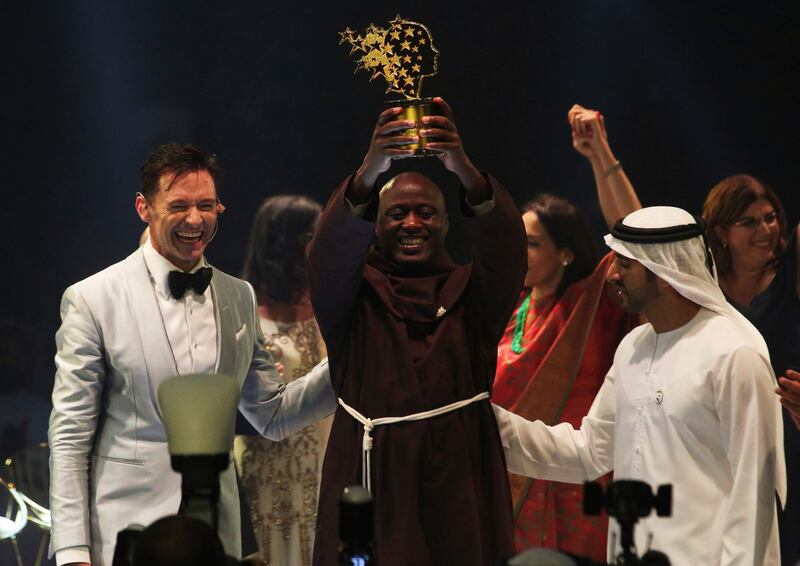I was 11 years old the first time someone called me opinionated. The person giving their opinion about my unwelcome opinions was a grown man, and while I had no idea what the word meant at the time, I could tell it was not meant as a compliment. It's funny how a passing comment can stick with you. All these years later, I can hear the disapproval that came with the rhetorical question: "My, you're rather opinionated, aren't you?"
I was, yes. And I still am. But it was years before somebody told me that it was OK to have opinions, and it was OK to voice them. As a strong-willed teenager railing against the constraints of a strict private school that, to my mind, was intent on breeding homogeneity, I felt stifled. I thought my opinions didn't count or weren't being heard. And then a teacher, Mrs Annie, gave me some advice: "You can say whatever you want," she told me. "You just have to be conscious of how you say it. How you say something is just as important as what you say."
According to Mrs Annie, as long as my opinion was delivered in a fair and respectful way, I was entitled to it – even in a school as strict as mine was. And I have carried this lesson far beyond her classroom. I have tried to heed Mrs Annie's advice as I navigated a career and friendships and relationships. It's OK to be vocal and honest and disagree with people, as long as you do it in the right way.
I was reminded of Mrs Annie as the Varkey Foundation's Global Teacher Prize unfolded in Dubai this week. The high-profile event was attended by actor Hugh Jackman and Sheikh Hamdan bin Mohammed, Crown Prince of Dubai, who presented the $1 million (Dh3.7m) prize to Peter Tabichi who teaches at the Keriko Mixed Day Secondary School in Nakuru, Kenya.
I was incredibly moved by Tabichi's commitment to his work. His pupils often have to walk more than six kilometres a day to get to their classrooms, where they are taught in groups of 70 or 80. There is one working computer at Keriko, and the internet connection is poor. Tabichi dedicates 80 per cent of his monthly salary to support pupils at his school, helping them cover the cost of books and uniforms. He also goes out to try and convince parents of the value of education (particularly in the case of girls who are at risk of being married off at a young age).
Because of Tabichi, many of these pupils have gone on to attend universities, or participate in national and international science competitions. One of his pupils even won an award from the Royal Society of Chemistry in the UK.
From Dubai, we congratulate the African continent for Global @TeacherPrize winner, Kenyan maths and science teacher @PeterTabichi. The lack of resources at his school was never an obstacle in the face of his creativity. We believe that teachers are the creators of needed change. pic.twitter.com/cBV3PMripV
— Hamdan bin Mohammed (@HamdanMohammed) March 24, 2019
Good teachers have the capacity to shape a young person, to the extent that 20 years later, I am still referencing Mrs Annie. Good teachers can instil confidence and inspire creativity; they can ease a young person's transition into adulthood and make them want to expand their horizons. But bad teachers can also have a profound impact. My love of letters is matched only by my hatred of numbers – a lifelong gift from an unpleasant maths teacher many years ago.
Teaching comes with an enormous responsibility, as Tabichi well knows. At his school, he has initiated a "peace club" that unites children from different backgrounds and explores the effects of war. The teacher encourages children to jog and play sports together, plant trees and take part in community clean-ups. "Low achievers sometimes have low self-esteem, so to make them discover that they can do a lot, I started a club to let them discover their talents where they draw and sing," Tabichi told The National.

With his prize money, he plans to implement further change. "I wish to have a modern school laboratory and come up with projects that will empower the community," he said. "Things like kitchen gardening and growing drought-tolerant crops that will address challenges like food insecurity ... with this award, I can come up with projects that benefit the people in the society where I work and teach."
I know too many people who have gone into teaching simply because they couldn't decide what else to do, or because they were seduced by the idea of extended summer holidays. That old adage, "those who can't, teach", is for the most part completely unfair but, unfortunately, it sometimes rings true.
Good teachers can wield incredible power, as Sheikh Mohammed bin Rashid, Vice President and Ruler of Dubai, expressed on Twitter: “Teachers are the pioneers of development and the true change-makers.”
Congratulations to @petertabichi from Kenya for winning the Varkey Global @TeacherPrize . Teachers are the pioneers of development and the true change makers. pic.twitter.com/F04TzpWgu1
— HH Sheikh Mohammed (@HHShkMohd) March 24, 2019
A career in education is not one to be treaded lightly.







